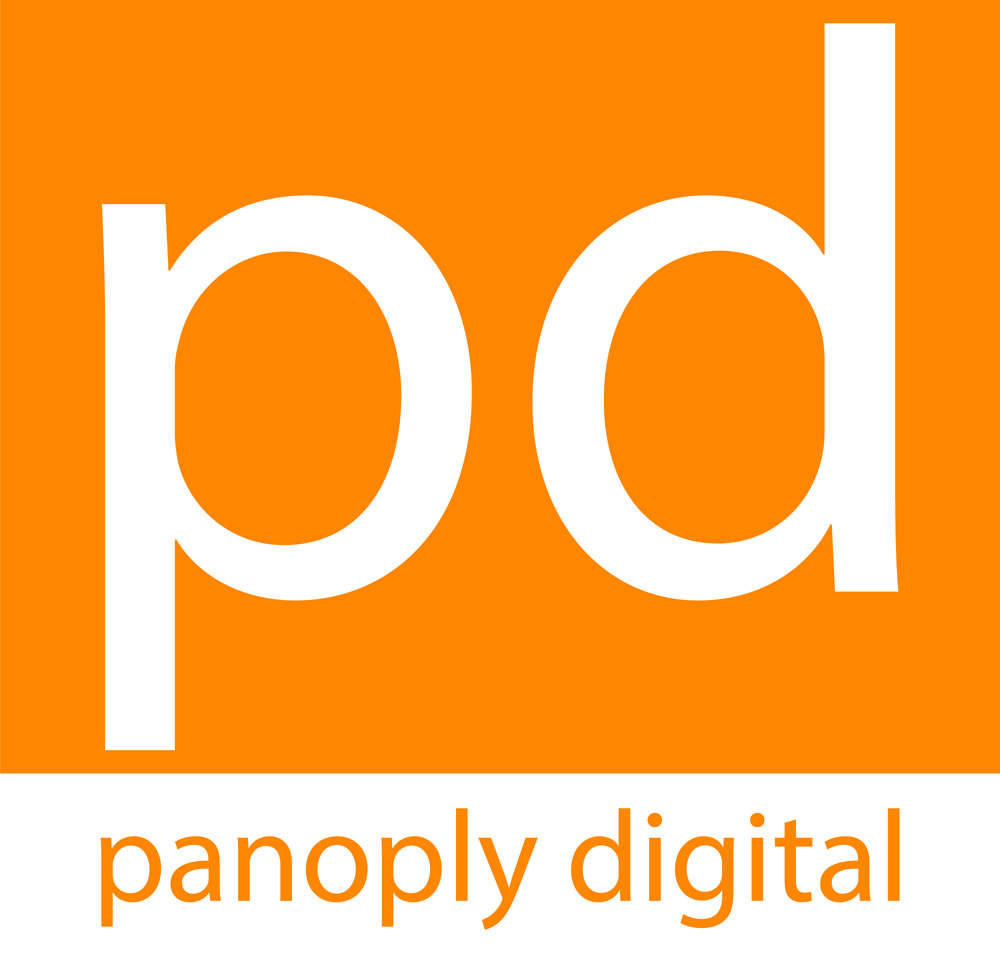Surveillance and the lack of security are two of the larger issues in the world of ICT4D precisely because they attack the very trust and openness that predicates much of what makes the internet a potentially valuable tool for development. Imagine for a moment how much of what we do online is predicated on trust. From online banking or shopping, to mobile or eHealth initiatives, to basic education and communication. All of it is predicated to some degree on the belief that I am safe, I am secure, and I am being left alone. Surveillance and the lack of security attack all of these.
And the wedge being used to lever this surveillance onto either unwilling or apathetic audiences is safety. Threats from terrorism, against civil society being torn asunder in public strife, to labor protests, and the instability caused by natural or manmade disasters. Safety, safety, safety. Until we find a means of balancing safety and openness with some transparency, trust and openness will continue to erode. Granted this isn’t a particularly development phenomena as other nations are just as likely to surveil their citizens as developing ones. But often in development contexts this surveillance takes a particularly destructive turn as it erodes trust not only in ICT but in civil society itself: the public institutions burgeoning from often fragile representative governments.
In Kenya, the government monitors private chats without alluding to how (“Nkaissery did not explain how the state will tap into private conversations, though he said security agencies have been supplied with devices that can do so, according to published reports”), suggesting either a bluff (doubtful) or technological solutions either domestic of foreign (likely).
“Despite assurances to the contrary just two months ago, Interior CS Joseph Nkaissery said this week that the government has purchased equipment it will use to monitor private communications and ensure that citizens do not violate hate-speech laws, according to published reports. “Private chats” will be “monitored to the letter and our officers will come for you,” Nkaissery was quoted as saying by Nairobi media outlets...This announcement relates to Kenyans' anger earlier this year over fears the Communications Authority was spying on them. The CA insisted, though, that its device management system would only detect counterfeit devices in the country and stop SIM-box technology, which is illegal in Kenya. The Consumers Federation of Kenya (COFEK) announced its opposition to the plan, calling it an attempt to monitor citizens’ calls and text messages with the help of a system set to be imposed on mobile network operators.”
Something to monitor there as this develops but good on COFEK for pushing back and hopefully more organisations will do as well.
In Ethiopia, the government goes so far as to shut down the mobile internet altogether. Ethiopia has been censoring the internet for more than a decade, and social media sites like Facebook and Twitter have been blocked since unrest last year (2016). Journalist repression and free speech curtailment are major issues as “just last month, an Ethiopian court sentenced opposition politician Yonatan Tesfaye to six and a half years in prison for allegedly criticising the government through his Facebook posts.”
“The nationwide mobile internet blackout started on Tuesday. Ethiopia's internet service is entirely in the hands of Ethio Telecom, the state-owned telecom provider. It's the third time within a year that Ethio Telecom has taken such action. According to Ethiopian blogger Danel Birhane, the blackout has left very few companies and organizations online - only the ones that have alternative means of connectivity such as satellite communication.“
In Turkey as part of the continuing purge by President/Autocrat Erdoğan, twenty teachers were detained in a supposed investigation into the Gulen Movement, which the government accuses of spearheading the July 15, 2016 coup attempt. The mobile connection here is that they were accused of using the ByLock mobile application, which prosecutors claim is the preferred app for the Gulen Movement. Thousand has so far been jailed for using the application. The crackdown has detained more than 120,000 people including thousands of teachers and academics since last summer. In case you want to learn more about ByLock, click here but do be careful if you are in Turkey. Stay safe my Turkish friends.
There are many more of these examples. So let’s give security and surveillance the attention it deserves. It has the potential to undermine much of what we do, or any hope we have of doing it. Use secure apps like Signal and Telegram. Instead of Slack, consider Semaphor. Use encrypted email add-ons like Virtru. Do sweeps or audits of locally stored data. Teach your communities to do the same, to protect themselves. None of this needs to be inevitable. Push back.

